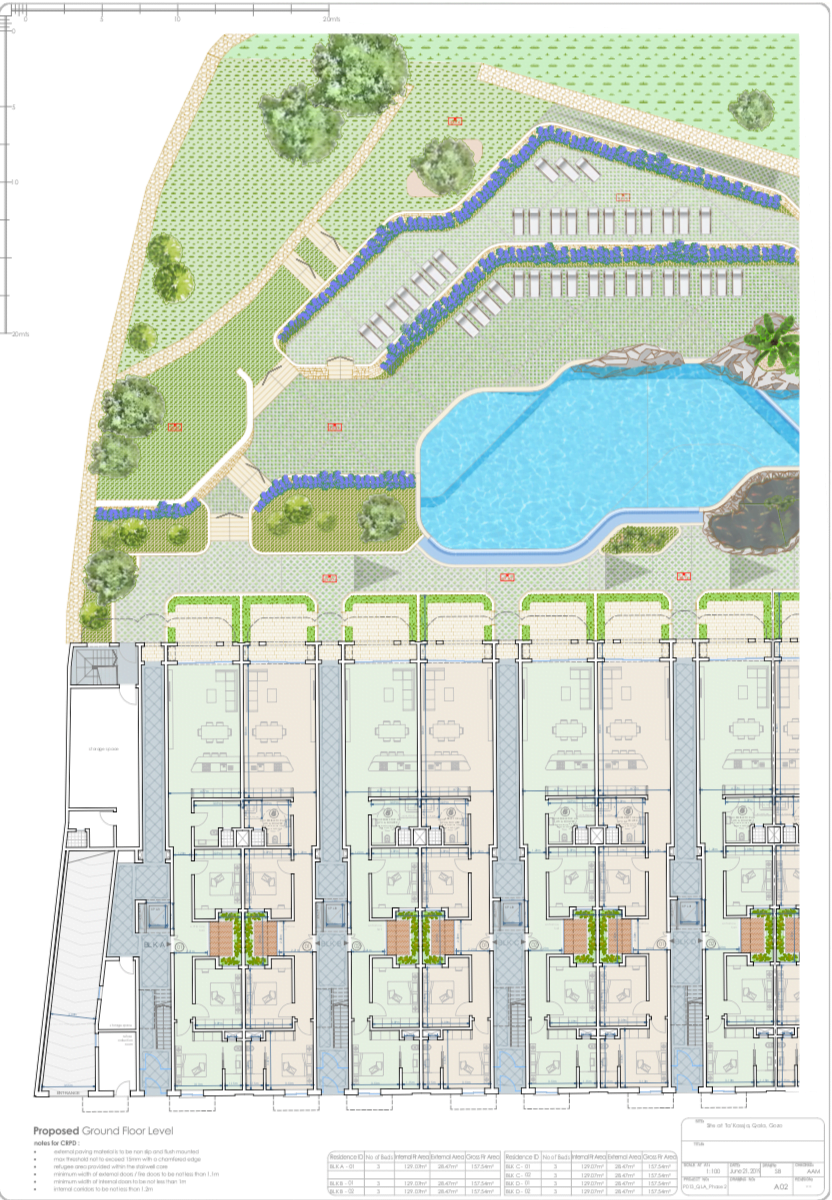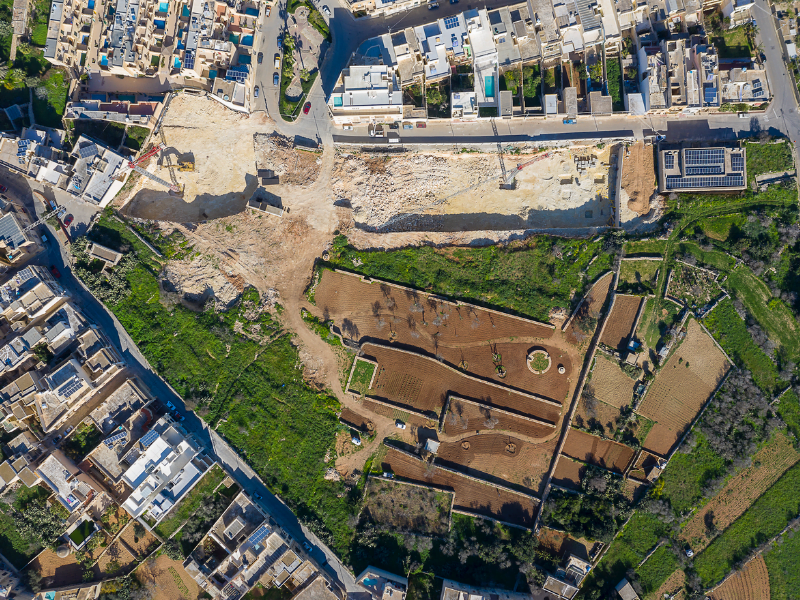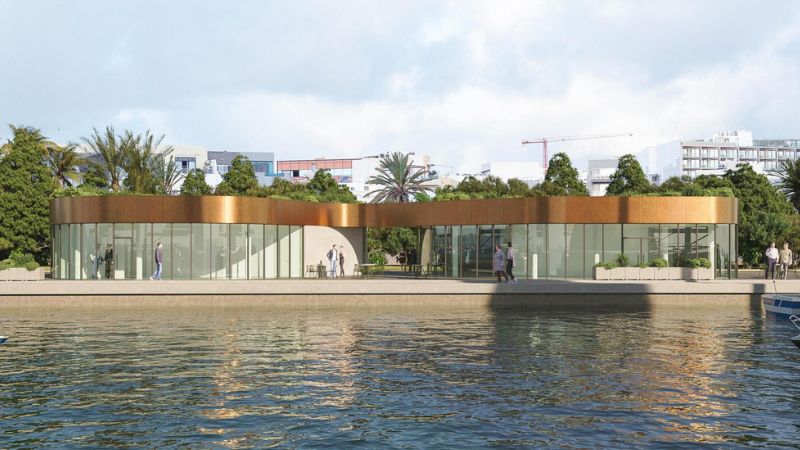Legal proceedings initiated by the Qala Local Council and the NGO Din L-Art Helwa last week for the revocation of two development permits within a sprawling block of flats have put a spoke in the wheel of the entire project – Gozo’s largest current residential development.
The €15 million project, which is being put together in stages, has a tally of more than 150 flats as well as outdoor facilities including a swimming pool set on a triangular slice of land – almost half of it beyond development lines – that’s larger than three football grounds.
It is the largest ever project in Gozo spearheaded by property developer Joseph Portelli, the majority shareholder in the company behind the development.
In the legal application, obtained by The Shift, the complainants draw attention to the applicant’s incomplete filings, which are not in conformity with policies.
“This is an attempt,” the application states, “to divert attention from the fact that this is a classic case of ‘salami-slicing’ or project fragmentation where one significant project is being spliced in smaller parts to escape evaluation.”
The project has so far been put into different development applications staggered over two years and fronted by four different individuals. Each separate part fits into place like a jigsaw.
If all the parts had been put in a unified single application, the gross floor area would have exceeded the 30,000 square metre threshold that triggers a screening procedure for an Environment Impact Assessment. This would have attracted more rigorous scrutiny.
Although the legal proceedings are limited to the latest two permits granted last January, the line of attack on overspill into Outside Development Zone (ODZ) puts the focus on the way the project is being put together incrementally.
Senior planning sources have told The Shift that the significance is that any spill serves to “formalise takeover of ODZ”.
“It starts with a few metres, then they would apply for a pool and grounds and so on,” the expert said. “And it would make it easier to get a permit for these facilities on ODZ once the spillover has been formalised.”
In promotional material shown to interested buyers by sales agents associated with J Portelli Projects, a pool and sun lounger deck is shown behind the block of flats that is now being contested.

Plans offered to potential buyers show a swimming pool and extensive deck area with sun loungers that are not included in the application submitted to the Planning Authority – the grounds fall within ODZ.
These facilities do not appear in the development applications, and they form part of larger grounds, all designated on ODZ, that include a children’s play area, a picnic and barbecue area, a gazebo and a horse paddock. No application has been submitted for these amenities, although some have been taking shape in breach of planning rules.
Another point in the legal application is the PA’s decision to classify the two contested developments as “within development zone” rather than “Outside Development Zone”.
The complainants draw a comparison with two current applications elsewhere that are “developments within scheme that extend beyond the limits of the development zone. Due to the spillover into ODZ, both these applications are listed as Outside Development Zone. It is evident, that the same description should have applied to this case.”
The planning source said that classifying an application as ODZ makes a difference that could influence the outcome – the complainants will be arguing that it makes a “material difference”, a prerequisite for revocation.
“If an application, even if objectionable, is within the development zone,” the planning source said, “people are less likely to object out of a sense of resignation. That, in turn, affects the dynamic of the application process. “
“Moreover,” he added, “the case officer is more likely to recommend refusal if it’s classified as ODZ, even if only a sliver of it is ODZ.”
In these two cases, the case officer recommended approval.
Another line of attack in the application is the false declaration of ownership. The applicants in these two cases, Chloe Portelli (daughter of Joseph Portelli) and Daniel Refalo declared that they were applying as a “private individual” and “sole owner of the entire site.”
Investigations by The Shift found that during the application process the land was under a promise of sale agreement by Excel Investments Limited, a company owned by majority shareholder Portelli and two associates – a company of Mark Agius and his brother, whose family own Ta Dirjanu supermarkets, and Daniel Refalo, son of a Gozitan developer.
A promise of sale agreement does not confer legal title.













